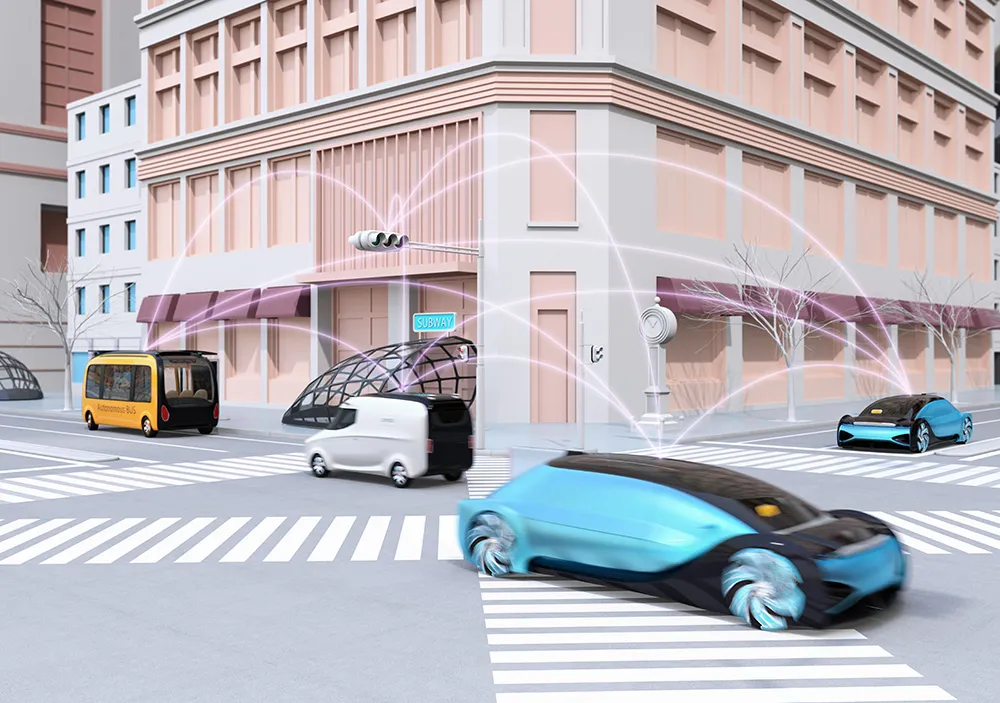The US Consumer Watchdog is calling on the California Department of Motor Vehicles (DMV) to prohibit autonomous vehicles without a human driver capable of taking control until the National Highway Traffic Safety Administration (NHTSA) enacts enforceable standards covering the safety performance of robot cars.
NHTSA has proposed a voluntary safety checklist that contains no enforceable standards. The proposed DMV rules would require manufacturers to submit that federal checklist before testing or deployin
October 20, 2016
Read time: 2 mins
The US Consumer Watchdog is calling on the California Department of Motor Vehicles (DMV) to prohibit autonomous vehicles without a human driver capable of taking control until the 834 National Highway Traffic Safety Administration (NHTSA) enacts enforceable standards covering the safety performance of robot cars.
NHTSA has proposed a voluntary safety checklist that contains no enforceable standards. The proposed DMV rules would require manufacturers to submit that federal checklist before testing or deploying robot cars. Consumer Watchdog claims that the checklist is inadequate to protect public safety on the roads and that DMV must therefore prohibit driverless cars until enforceable Federal Motor Vehicle Safety Standards are in place.
"The proposed DMV rules would let robot cars without a driver on our roads if the manufacturer simply answers Yes, No or Maybe to each point on NHTSA's 15-point safety checklist," said Carmen Balber, executive director of Consumer Watchdog. "Absolutely no safety performance standards are required. We need more than a safety checklist written on toilet paper before we are sure driverless vehicles are safe to operate on public roads in California. That's why we're calling on the DMV to hold until federal regulators enact enforceable safety standards for driverless cars."
Under current NHTSA regulations so-called level 3 autonomous vehicles with a driver who can take over when the robot technology cannot handle the situation could be deployed on the nation's highways. Level 4 or Level 5 robot cars with no steering wheel or pedals cannot be legally deployed unless NHTSA grants an exception because the vehicles would violate current Federal Motor Vehicle Safety Standards.
Current California DMV regulations cover the testing of autonomous vehicles in California and require a licensed test driver who can take control when the robot technology fails. Another key requirement of that regulation is that manufacturers report all crashes involving their robot cars.
NHTSA has proposed a voluntary safety checklist that contains no enforceable standards. The proposed DMV rules would require manufacturers to submit that federal checklist before testing or deploying robot cars. Consumer Watchdog claims that the checklist is inadequate to protect public safety on the roads and that DMV must therefore prohibit driverless cars until enforceable Federal Motor Vehicle Safety Standards are in place.
"The proposed DMV rules would let robot cars without a driver on our roads if the manufacturer simply answers Yes, No or Maybe to each point on NHTSA's 15-point safety checklist," said Carmen Balber, executive director of Consumer Watchdog. "Absolutely no safety performance standards are required. We need more than a safety checklist written on toilet paper before we are sure driverless vehicles are safe to operate on public roads in California. That's why we're calling on the DMV to hold until federal regulators enact enforceable safety standards for driverless cars."
Under current NHTSA regulations so-called level 3 autonomous vehicles with a driver who can take over when the robot technology cannot handle the situation could be deployed on the nation's highways. Level 4 or Level 5 robot cars with no steering wheel or pedals cannot be legally deployed unless NHTSA grants an exception because the vehicles would violate current Federal Motor Vehicle Safety Standards.
Current California DMV regulations cover the testing of autonomous vehicles in California and require a licensed test driver who can take control when the robot technology fails. Another key requirement of that regulation is that manufacturers report all crashes involving their robot cars.









